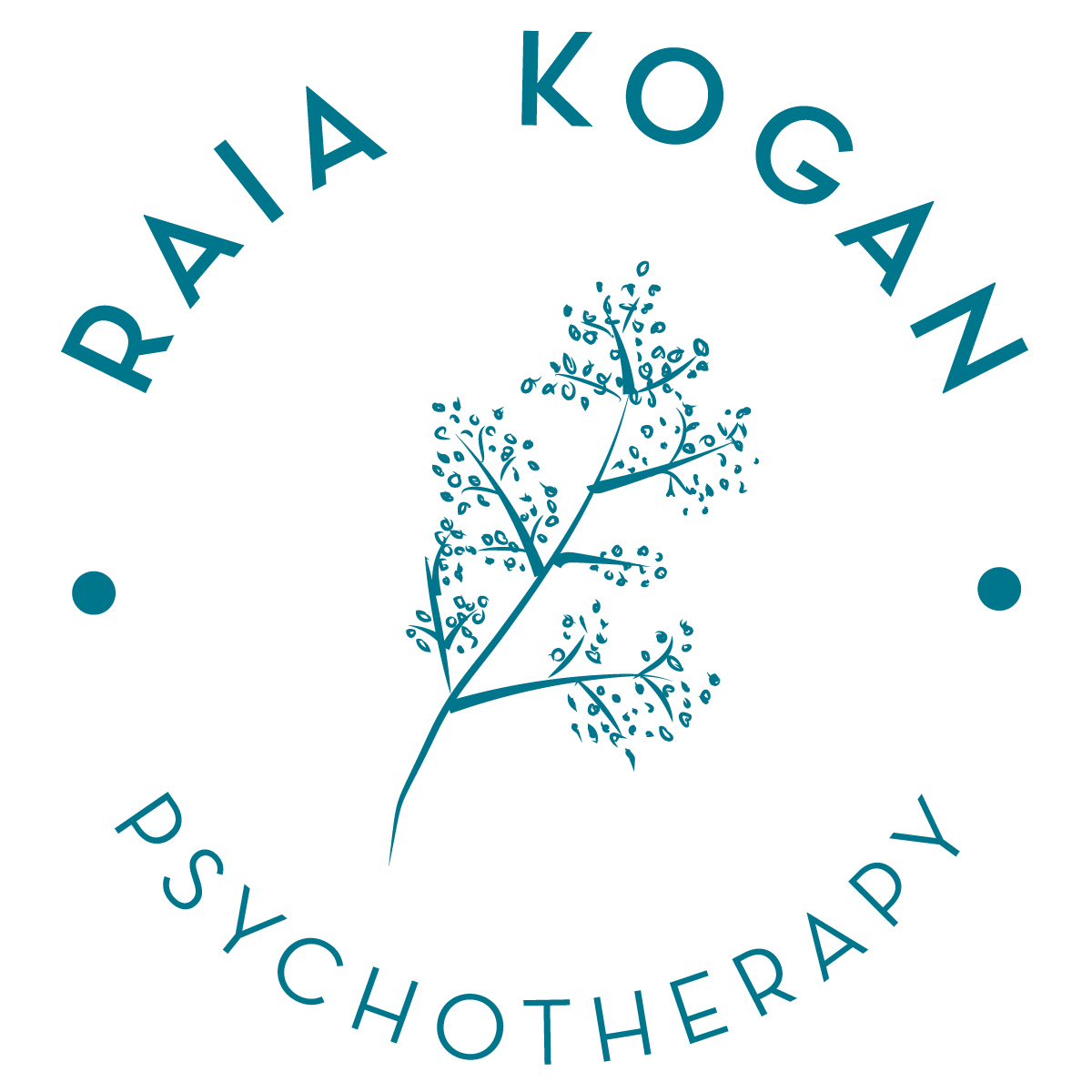As I prepare for my annual adventure on meditation retreat in the mountains of Colorado, I find myself asking why do I do this and answering this question for others. Last week, teaching mindfulness practices to a group of youth on probation, one of them asked me if I meditate daily and what I get from this practice. I told them about my upcoming travels to practice with my meditation teacher in a more intensive way and they responded with curiosity and interest.
My first meditation retreat, in the vipassana tradition, was when I was 19, just two years older than most of the youth I was working with. I realized that this experience had a profound impact on my entry into adulthood and taught me to be confident and centered in myself at a time that can be very confusing and disorienting. Learning to experience deep pleasure and contentment from walking softly on grass, or smelling a jasmine flower, or eating an apple translated into an ability to make life decisions based on my deeper values and desires. Since then, I have had a few periods where I practiced deeply and intensely for some time, but I have always taken at least a week a year to go to the mountains and be with myself in silence.
In my life right now, my focus and passion in on expressing my gifts in the world fully and creatively, in serving others, and also in nurturing deep relationships with others. For me, the love, devotion, and compassion I have for my work and relationships is a direct expression of my journeys into silence. If I can be comfortable being with myself in the middle of nowhere, I can meet the people in my life without expectations or judgements, and with significantly more love and compassion.
For me retreat is not about getting away, but about growing more intimate with life.
I told the youth I work with that when we commit to a meditation practice, even just for ten minutes, we step outside of craving and aversion. I choose not to move my body just because of an urge to fidget for the period I have committed to. I choose to not get up to get a snack if I am in the middle of a practice period. For the youth, this practice can translate into the ability to resist the urge to take a drug or to act aggressively towards others. They can learn to breathe through an impulse and give themselves a few extra moments to make a choice that is in alignment with their values rather than act impulsively.
By taking time to be with ourselves in silence, we develop a capacity meet our life experience in a more naked and transparent way. When we are no longer trying to control our life to make it more comfortable or less uncomfortable, there is profound creativity possible.
